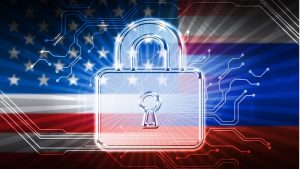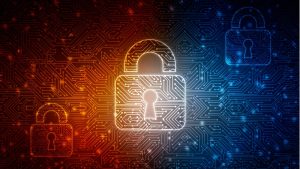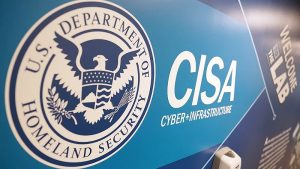Sens. Maggie Hassan, D-N.H., and John Cornyn, R-Texas, reintroduced a bill that would support the National Guard in helping state and local governments improve their cybersecurity, citing “the SolarWinds attack and continued cyberattacks connected to the COVID-19 pandemic.”
A new survey released by MeriTalk and Splunk finds that public sector IT decision makers are increasingly planning around zero trust security concepts, with that thinking driven by current and future requirements for telework capabilities, among other security management needs. However, agencies face challenges in migrating to zero trust, including the need to invest in foundational technologies, according to findings from the survey of 150 Federal IT decision makers and 150 state, local, and higher education (SLED) IT decisionmakers on their agencies’ efforts around zero trust.
According to a new report, Minnesota, California, and Florida are leading the way when it comes to preparedness for both cybersecurity and civic tech challenges.
One year ago – almost to the day – the city of New Orleans was the victim of a cyberattack and following the city’s impressive recovery, MeriTalk checked in with New Orleans CIO Kimberly LaGrue to understand how her team helped the city recover and what they’ve learned as a result.
The Delaware Division of Public Health (DPH) announced Nov. 15 that it is mailing letters to individuals who were impacted by a recent data breach incident, and is providing information to the public regarding the incident for the first time.
Simple, easy to guess passwords are the scourge of cybersecurity staff. On the flip side, many users struggle to remember lengthy and complicated passwords that pass muster with cybersecurity standards. To help bridge the gap between security and useability, Carnegie Mellon’s CyLab Security and Privacy Institute has developed a policy for creating passwords.
The Cybersecurity and Infrastructure Security Agency (CISA) and FBI issued a joint cybersecurity advisory on Oct. 22 to warn operators of state, local, territorial, and tribal (SLTT) government networks that they may be targeted by Russian state-sponsored advanced persistent threat (APT) actors.
A bipartisan Senate bill introduced Oct. 21 would make clear the authority of state governments to deploy their National Guard resources to help state and local governments improve their cybersecurity infrastructure and services.
The National Association of State Chief Information Officers (NASCIO) released its 2020 Cybersecurity Study, “States at Risk: The Cybersecurity Imperative in Uncertain Times,” and reported a range of challenges facing state security officials during the coronavirus pandemic.
Reps. Jim Langevin, D-R.I., and Doris Matsui, D-Calif., introduced a bill Oct. 16 to improve cybersecurity at K-12 schools. The Enhancing K-12 Cybersecurity Act would work to promote more access to security information, better track attack trends, and increase the number of cybersecurity experts in schools.













